Support strong Canadian climate journalism for 2025
An emergency Sunday evening off British Columbia's west coast has triggered painful memories of a devastating oil spill that struck the Heiltsuk Nation last year.
Stormy weather left the American-owned Jake Shearer vessel, carrying up to 10,000 tons of fuel stranded, just off the coast of Bella Bella. The vessel was in distress just near Goose Island after being disconnected from its fuel barge. The site of the emergency is an essential food harvesting spot for the Heiltsuk.
The incident prompted a flurry of requests for adequate government response and backup from the First Nation that was struck by a major spill in October 2016, when the Nathan E. Stewart tug sunk in Heiltsuk waters. The 2016 accident caused a spill of over 110,000 liters of diesel fuel, lubricants, heavy oils into a 14,000 year-old village site and an important food-harvesting spot. The community waited for hours for marine response and when it arrived, there was chaos, confusion and inadequate equipment.
Over the weekend, the Canadian Coast Guard was on scene to assist the Jake Shearer fuel barge and provincial officials said there was no indication of any fuel release.
"Two crew members on board the barge were able to drop an anchor, which appears to be holding the barge stationary at this time," the B.C. government said on Sunday.
The ship was heading northbound to Alaska, carrying about 3.5 million litres of diesel and 500,000 litres of gasoline, the government added.
The Heiltsuk Tribal Council says the new emergency "highlights a desperate need" for federal action, as coastal communities await details of a federal plan announced in 2016.
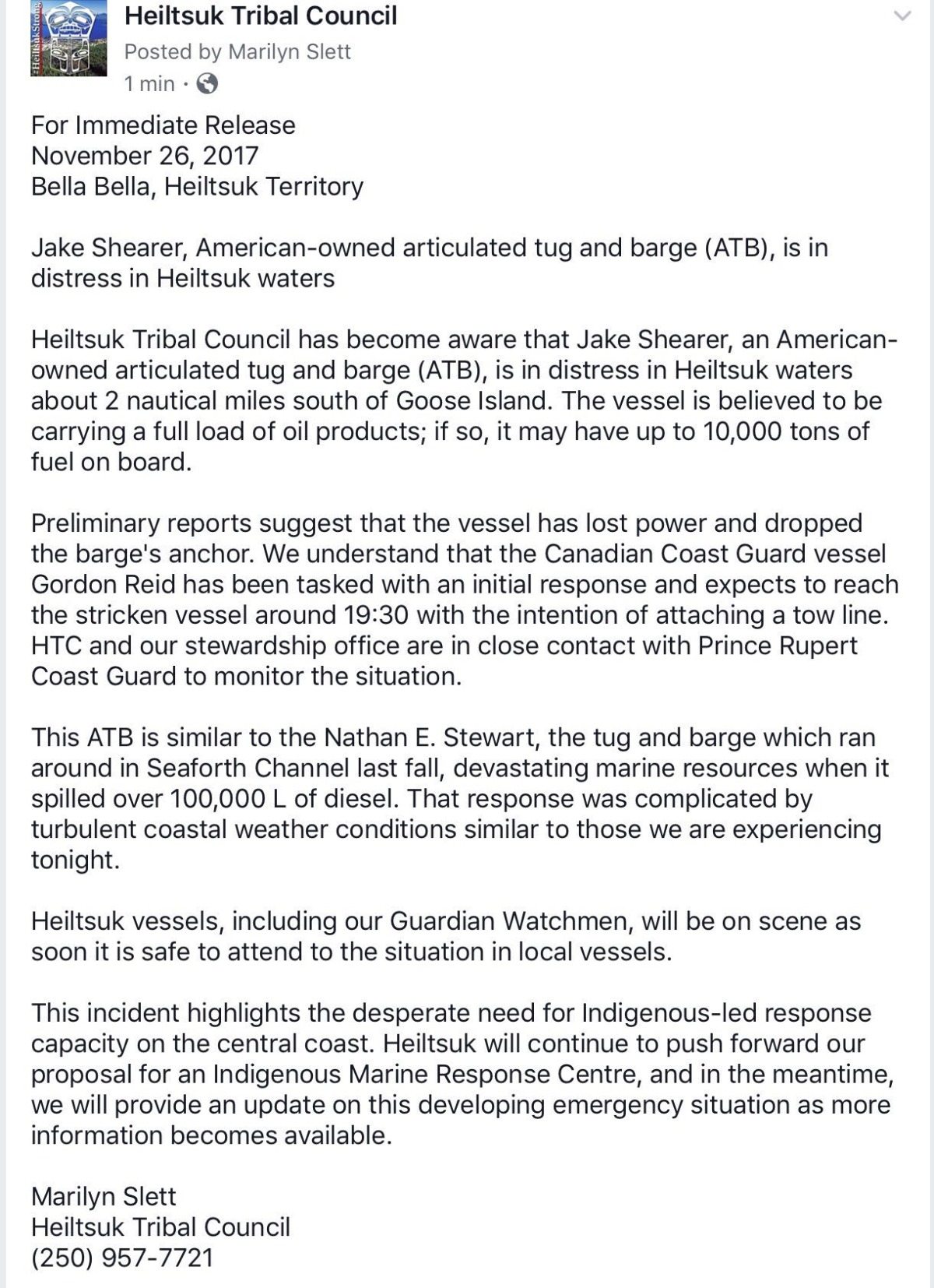
The Heiltsuk First Nation wants to improve the "Indigenous-led response capacity on the coast" but are waiting for the federal government to provide funding through a new federal plan that was created to protect Canada's oceans.
The Trudeau government announced what it called an "Ocean's Protection Plan" in 2016, prior to approving Kinder Morgan's Trans Mountain west coast oil pipeline expansion project. While it has promised to spend $1.5 billion over five years on this plan, it has not yet provided full details about where the money will be allocated.
The latest storm has left a "sickening feeling" for local Heiltsuk leaders.
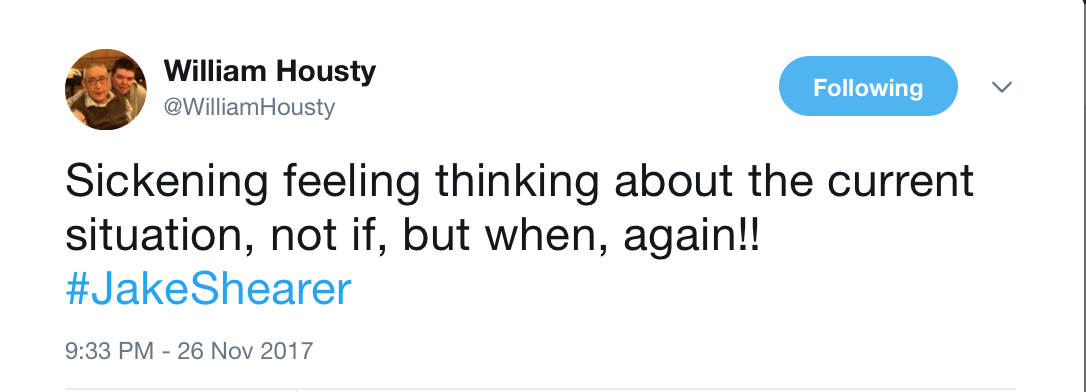
The Jake Shearer emergency also came two weeks the Heiltsuk Nation released a comprehensive report, based on decades of research, that called for immediate action, including the creation of a new Indigenous marine response centre.
This follows a troubling history of disasters and near-misses off the coast.
In 2006, residents of Gitga'at (Hartley Bay) helped rescue 99 of the 101 passengers and crew of the Queen of the North Passenger ferry, bringing them ashore and taking care of them in the warmth of their community. In 2015, the Nuu-chah-nulth from Ahousat were the first to reach and rescue terrified passengers of the capsized MV Leviathan II whale watching ship that left five dead, first responders who said their heroic efforts were "just our ways."And the Heiltsuk community members of Bella Bella were the first responders to the Nathan E. Stewart spill that poisoned clam beds in a sacred village site.
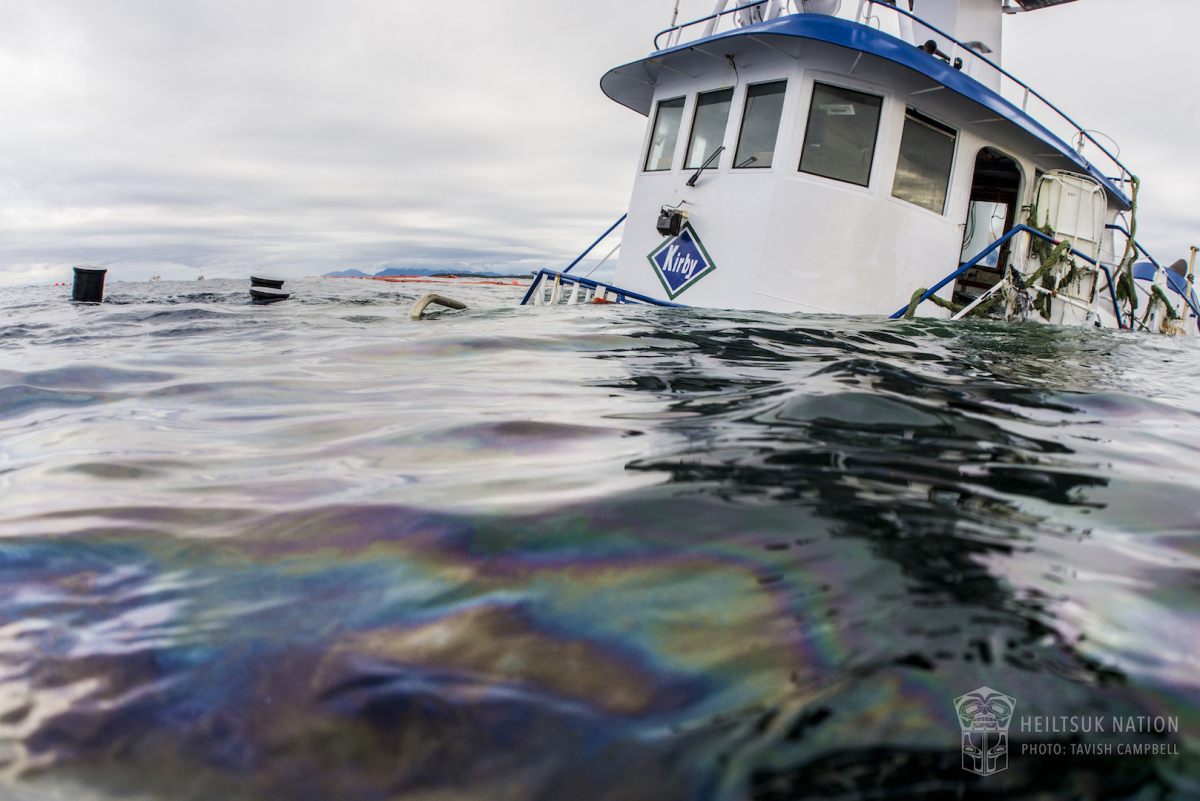
The First Nations people and communities in each of these instances were the first to respond to devastating disasters. The responders in these instances were fishermen and women, locals with traditional knowledge about the water and landscape, where their ancestors have lived for more than 10,000 years.
Marilyn Slett is the Chief Councillor of the Heiltsuk Chief and Council and President of Coastal First Nations.
She said in an interview with National Observer, before news of the Jake Shearer tug in distress, that the report examines incidents have happened in the central coast and the probability factors of future incidents.
"We believe that although this meets desires and objectives around marine protection with Heiltsuk, it also provides for that broader general public support around protecting the environment," she said. "We think this would be an action towards reconciliation."
Transport Canada declined to say whether it had any plans to fund the proposed Indigenous Marine Response Centre.
"The Government of Canada has received a copy of the report and will review it as part of our commitment to create a world-leading marine safety system," the federal department said in an email to National Observer. "Collaboration with Indigenous peoples is vital to protecting Canada's coasts and waterways, and the Government of Canada wants Indigenous peoples to play an active role in marine safety."
Prime Minister Justin Trudeau has said that his government's plan to protect the oceans was meant to provide "world class protection, safety and response capacities" for people who "live, play and work" on Canada's oceans.
Editor's note: This article was updated at 11:30 a.m. on Monday with additional information from the B.C. government.

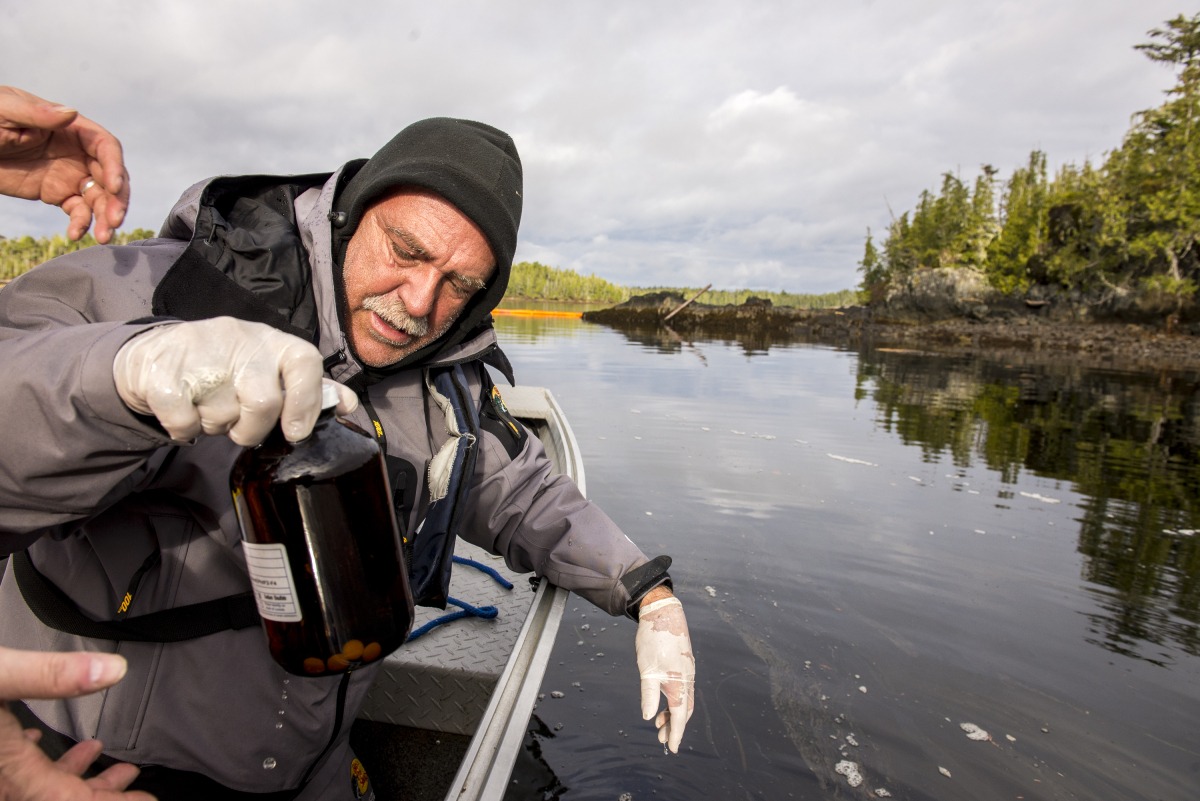

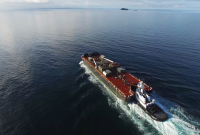
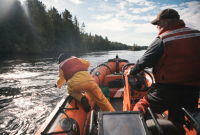
Comments
the feds the same pay fo play game at the expence of our Enviroment on the wesr Coast
as if Trudeaus Lies will clean oil spiles